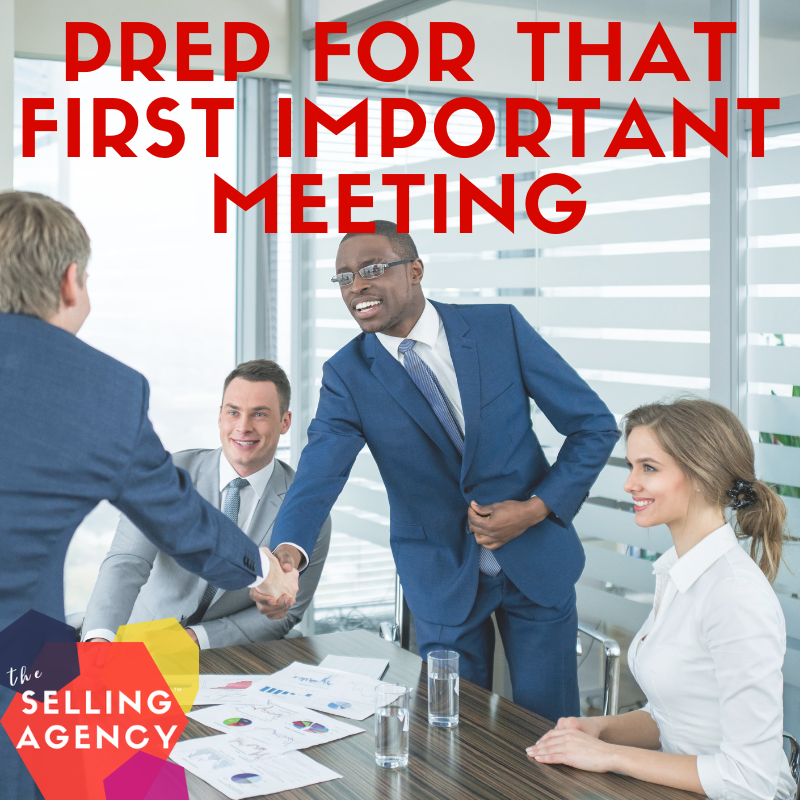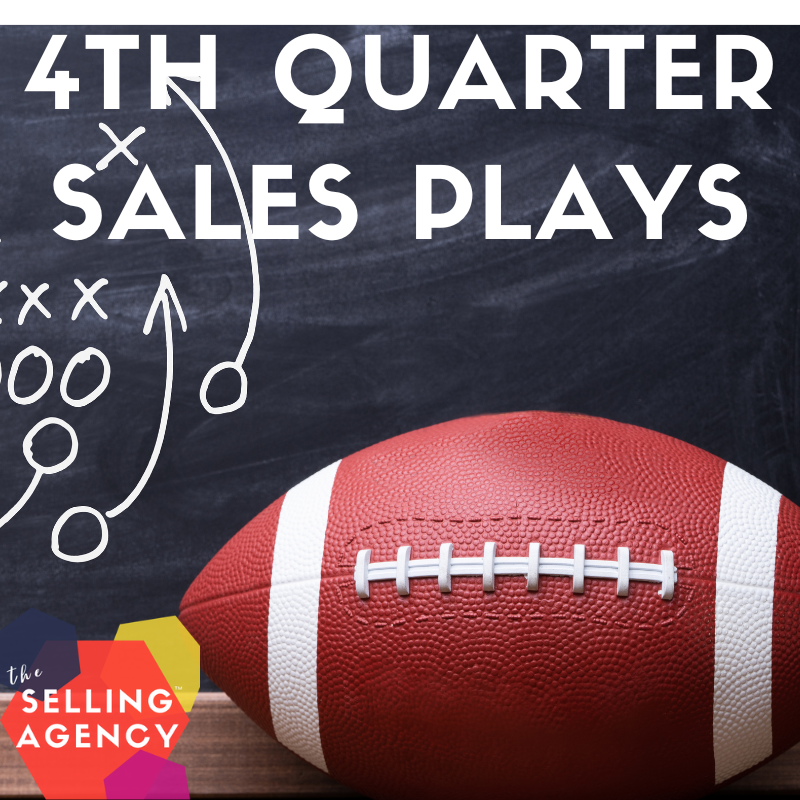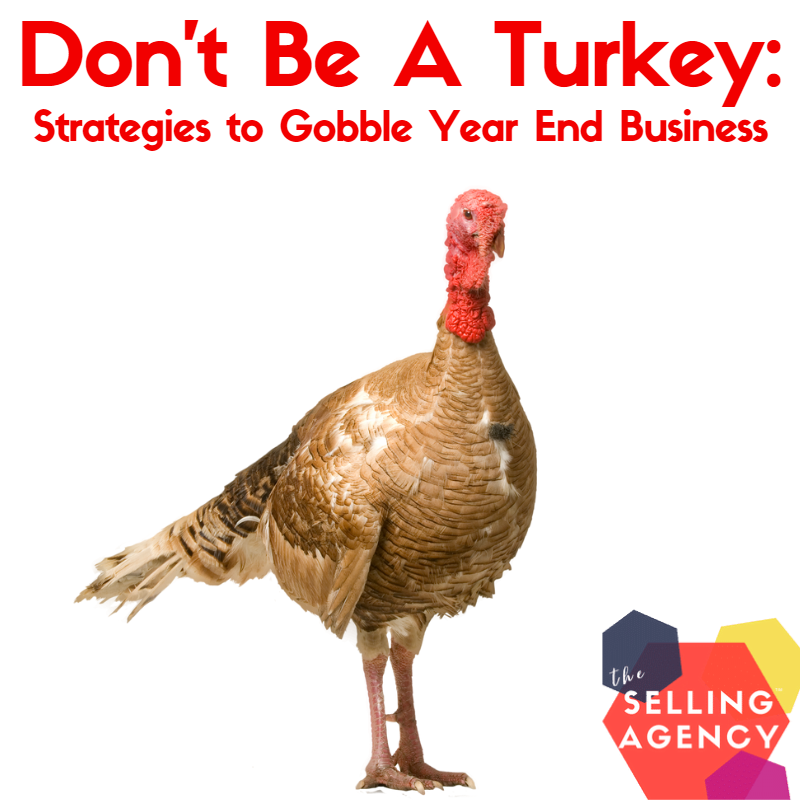I’ve always thought the term “Sales” was a bit of a misnomer. People say I’m in “Sales.” It’s a noun, which is the result, not the action, which is different than how “Marketing” is presented – as a verb. From a psychological frame of reference, I try to use “Selling” as often as possible to refer to the actions and behaviors where we use our skills to communicate and compel customers.
“Selling” is different than “Sales” because it is about the dozens of actions we take to get to that sale. From prospecting to renewals, each step in the process should focus on what each of your customers needs to make decisions and build trust and credibility with the members of the buying committee.
One crucial step in the process is the “Discovery” phase where you and your potential customer are getting to know each other and that critical “Pre-qualifying” step happens that sets you up for the best possible outcome.
Thoughtful and prepared discovery questions will help you pre-qualify better, be better prepared for any potential obstacles, and possibly outsell your competitors.
This is no place for “Winging it.”
Discovery calls are not a “license to hunt” or interrogate your prospects. They should be able to glean who you are and whether they’re interested in working with you just as you should be able to understand your customer’s situation and how they go about finding, choosing, and implementing solutions.
Build your own Discovery framework with these questions to help you bring your prospects closer. You won’t use all of these – and the questions you choose should be rooted in context of the relationship you’ve developed and what your research has told you.
And keep in mind this is NOT the great inquisition. Use these questions to create a conversation – give and take, listen and learn.
Build Your Discovery Framework – Questions Around Building Rapport, Uncovering Needs, Identifying Pains, Recognizing Influencers, and Designing Next Steps:
- Help me understand your role and how problems in XYZ areas impact what you’re trying to accomplish.
- What’s the toughest part of your day (the thing that is constantly being put on tomorrow’s “to-do” list)?
- Have you purchased a solution like this before (or used a product like this)?
- How have you tried to solve these issues up to this point?
- Why are you investigating options now?
- Is there an event that prompted this discussion or a deadline for the action you’re looking at?
- Have you worked out a timeframe for making a decision and implementation?
- What interests you in our solution/product?
- How does the problem and the potential solution impact other departments/business areas?
- How does this problem/issue impact your profitability (or competitiveness in the marketplace)?
- What are the metrics you’re looking for with results?
- Who else does it make sense for me to talk to so I can get a clear picture?
- What is the formal buying process?
- Who would be key in the implementation of a solution?
- Who has input into the budget regarding a solution to this problem?
- Has a budget been dedicated to this investment yet?
- What happens if a decision isn’t made?
- What other solutions (or providers) are you considering?
- What considerations make working with a supplier/vendor “great” for you?
- What needs to happen internally before implementation?
- What are the potential curveballs or obstacles in our path?
- What’s the best way to proceed to help you/your team make the most successful decision?
- What goals do you have for our next meeting?
In between prospecting and closing is a whole lot of work. When you get the opportunity to have your first meaningful discussion, DON’T WING IT! Buyers can detect when you’re unprepared and that triggers their spidey senses to build up walls and block you out.
The worst offense you can commit is to waste a buyer’s time.
Think each stage through strategically. Be prepared to help your customers move through their process by being smarter in yours.
Until next time, stop hoping, start SELLING!
-sks
PS – Have other great questions you ask during those first critical meetings? Share in the comments below!










